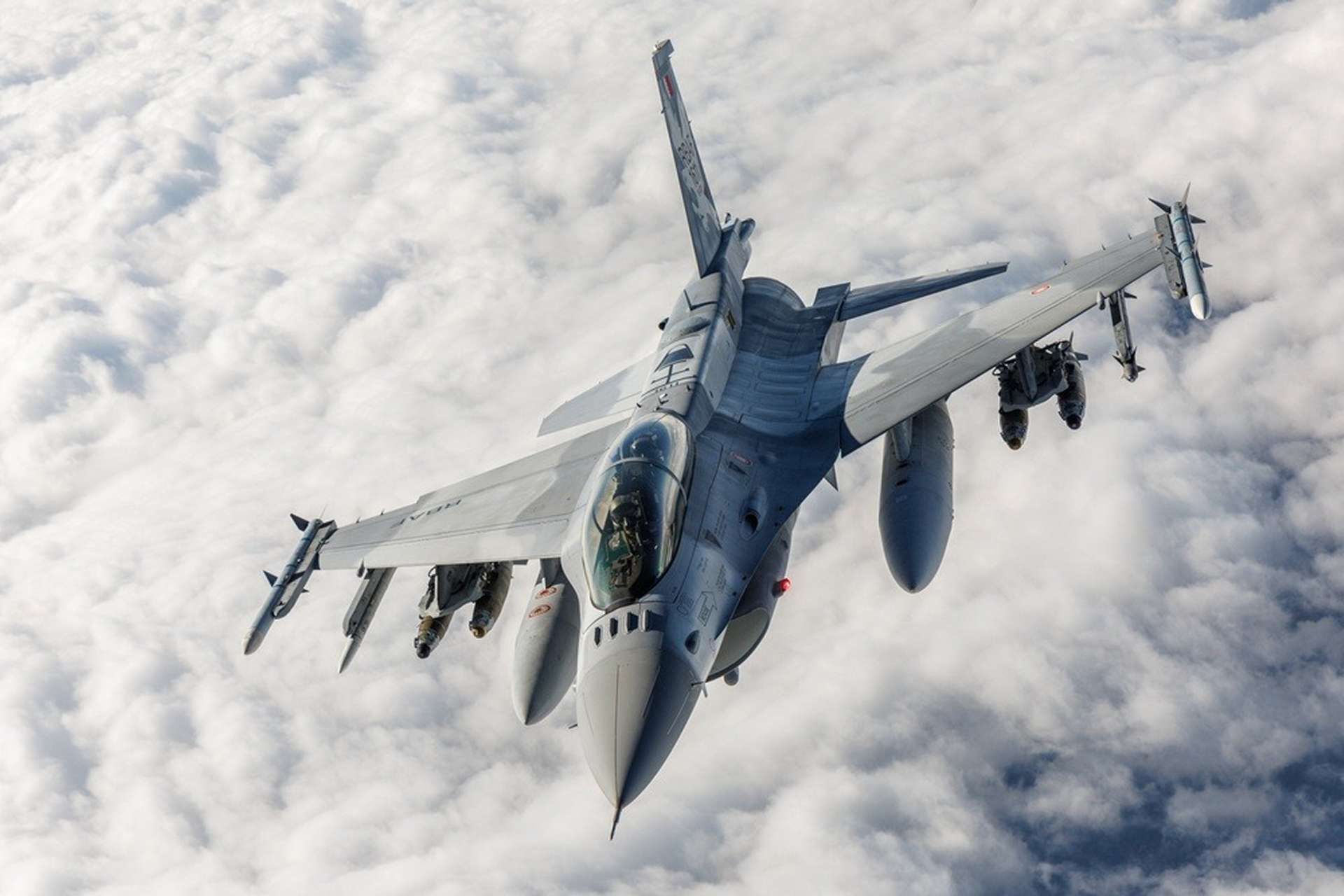Breaking news
Complex Negotiations Conclude with US Selling 40 F-16 Fighters to Türkiye.
The United States has officially confirmed the sale of 40 new F-16 Block 70 fighters to the Turkish Air Force, concluding a complex and often challenging negotiation process with the Turkish government. This confirmation was made during a press conference on June 6, 2024, by the State Department and the U.S. Ambassador to Türkiye, marking a significant step in US-Türkiye defense relations.
Follow Army Recognition on Google News at this link

Key capabilities of the F-16 include advanced avionics, a highly agile frame, and a fly-by-wire (FBW) system that enhances its maneuverability and performance in combat. (Picture source: US DoD)
Türkiye has been seeking to purchase these advanced F-16 Block 70 jets from the United States for several years, in addition to securing upgrade packages for their existing fleet of F-16 Block 50s. The negotiations were complicated by several factors, including strained relations with Greece, Turkey's purchase of S400 air defense systems from Russia, and opposition from key members of the U.S. Congress. Moreover, Turkey's earlier removal from the F-35 fighter program added extra layers of difficulty to the discussions.
A turning point in these negotiations came with Finland's and Sweden's applications for NATO membership, which required unanimous approval from all alliance members, including Türkiye. Türkiye leveraged its approval of their NATO membership to advance the jet acquisition deal. With the Turkish government and parliament earlier in the year greenlighting Finland and Sweden's NATO membership, the U.S. government moved forward in January to authorize the sale.
This package includes 40 new jets and 79 upgrade kits for Turkey's older F-16s, totaling $23 billion. Although the State Department's recent announcement on June 6 did not discuss extensive details, it implied that the necessary approvals, including those from the U.S. Congress, had been secured, paving the way for a formal contract with Lockheed Martin.
The F-16 Fighting Falcon, initially developed by General Dynamics and later by Lockheed Martin, first flew on January 20, 1974. This fourth-generation multirole fighter officially entered service with the U.S. Air Force on January 1, 1980. Known for its versatility, the F-16 evolved from an air superiority day fighter into a highly capable all-weather aircraft capable of conducting a range of missions, including air-to-air combat and air-to-surface attacks.
Key capabilities of the F-16 include advanced avionics, a highly agile frame, and a fly-by-wire (FBW) system that enhances its maneuverability and performance in combat. The aircraft features a unique frameless bubble canopy for superior pilot visibility, a side-mounted control stick to ease control while maneuvering and an ejection seat reclined at 30 degrees to reduce the strain of g-forces on the pilot. The F-16 has been continuously updated with the latest in radar systems, weapons integration, and electronic warfare components, maintaining its edge as a front-line fighter in numerous air forces worldwide.
Currently, Lockheed Martin's facilities in Greenville, South Carolina, are already producing the first F-16 Block 70s for the air forces of Bahrain and Slovakia, and have started production for the Bulgarian Air Force. Progress is also being made in upgrading existing fleets to the Block 70 standard in other countries, including Taiwan and Greece, which are using local companies with support from the American manufacturer.
Additionally, Turkish Aerospace Industries (TUSAŞ) will manage the upgrade program for Türkiye's aircraft, drawing on its extensive experience. TUSAŞ has been involved in F-16 assembly since the 1980s, manufacturing components for the jets and conducting upgrades, including the ÖZGÜR program for Block 30 Fighting Falcons.


























